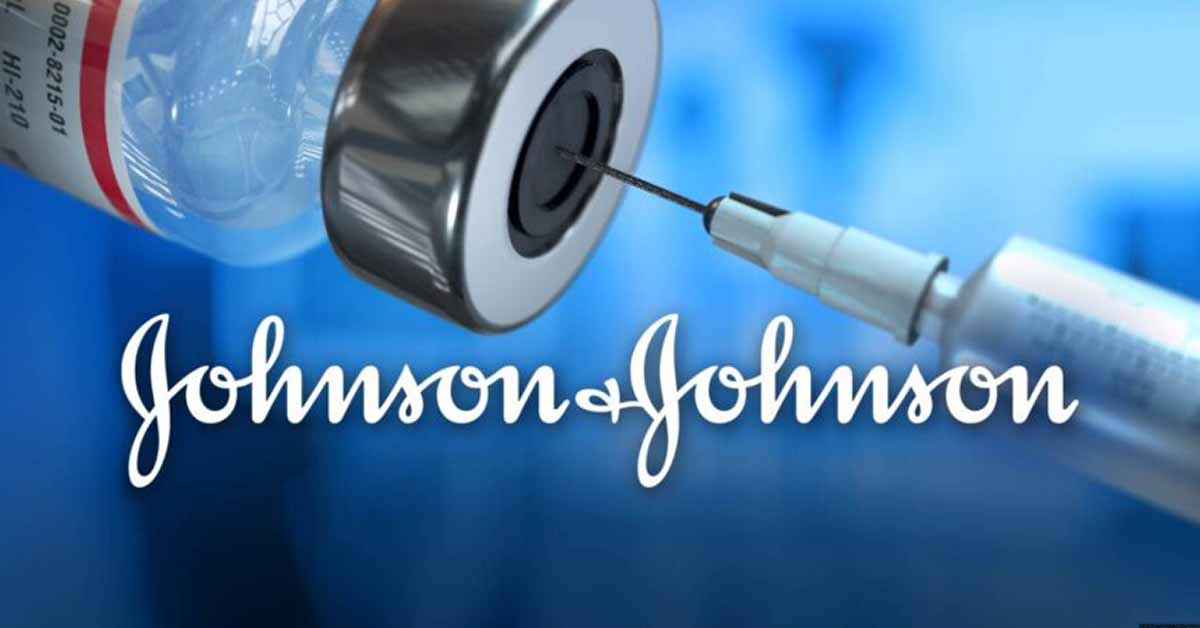Important note: This article is intended for those who understand vaccines as critical to maintaining their health and that of their families. It is NOT intended for those who are anti-vaccine and as such is NOT intended to foster a discussion on the merits of vaccines in this forum. It is also NOT intended to foster a discussion of the lethality of COVID-19 or the need for civic action to limit the spread of the disease.
The FDA issued emergency use authorization this weekend for the third COVID-19 vaccine, this one from Johnson & Johnson.
The J&J vaccine differs from the Pfizer and Moderna vaccines in that it employs DNA instead of messenger RNA (mRNA) and has an entirely different mechanism of delivering the active component to cells. Also, the J&J vaccine requires one single dose while the others require a second dose three or four weeks after the first.
Although the safety profiles for the Pfizer and Moderna vaccines have been stellar — 4.7 cases of anaphylaxis per million and 2.5 cases per million respectively — the J&J vaccine reported even fewer anaphylactic reactions in clinical trials, keeping in mind that it has yet to be rolled out to the broader population.
The CDC has indicated that people who have suffered reactions to the first dose of mRNA vaccines should avoid taking the second dose. On Monday, a CDC representative suggested those individuals consider substituting the J&J vaccine for the second dose.
Said Jessica MacNeil, an epidemiologist at the CDC’s National Center for Immunization and Respiratory Diseases at an emergency meeting of the CDC’s Advisory Committee on Immunization Practices:
In exceptional situations where the first dose of an mRNA Covid-19 vaccine was received, but the patient is unable to complete the series with either the same or a different mRNA Covid-19 vaccine, for example due to a contraindication, a single dose of Janssen’s [J&J’s] Covid-19 vaccine may be administered at a minimum interval of 28 days from the mRNA COVID-19 vaccine dose.
Dr. Marci Drees, a liaison to the committee and the chief infection prevention officer at ChristianaCare, questioned MacNeil’s reasoning noting that some of the ingredients of J&J’s vaccine are similar to that of the Moderna and Pfizer shots.
MacNeil responded that a reaction to one of the mRNA vaccines would necessitate “precaution” when receiving the J&J vaccine, but that it could be done safely if the patient is monitored for at least 30 minutes after receiving the shot.
Is Your Covid Vaccine Venue Prepared to Handle Rare, Life-Threatening Reactions?





